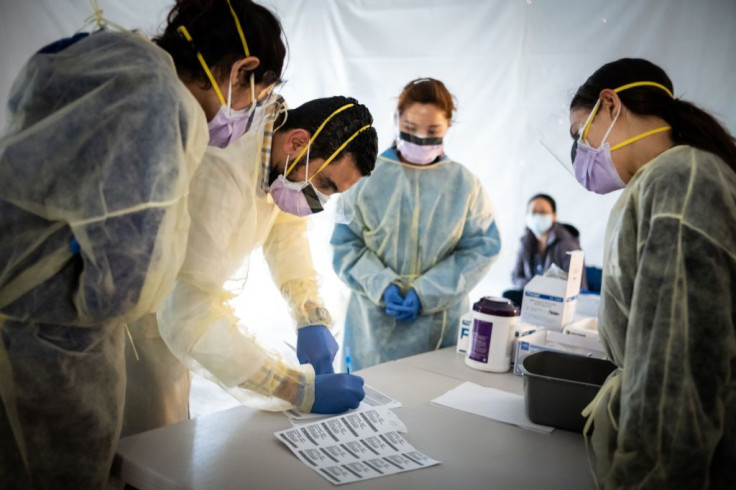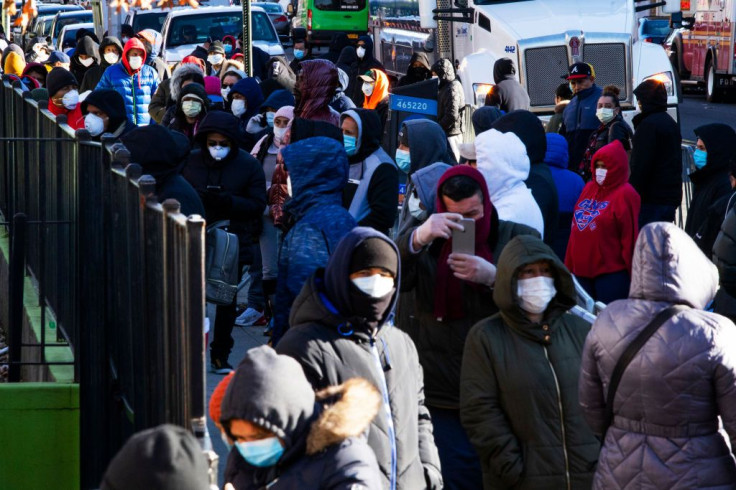Coronavirus Treatment: Countries Use Experimental Treatments To Cure COVID-19 Patients

As the world faces a growing number of COVID-19 cases, several countries have turned to experimental treatments in the hopes of ending this global nightmare.
The coronavirus, COVID-19, was first identified in Wuhan, China in late November 2019. The virus then swept the Hubei region of the country, before spreading across the Asian nation and then the world. As of March 27, 10:08 GMT, there are 540,918 confirmed cases of COVID-19 across the globe and 24,294 deaths, according to the global tracker Worldometer.
As the numbers continue to rise, health ministries across the globe scramble to curb the outbreak and hopefully cure the disease. Because there is still no known cure for COVID-19, countries have turned to experimental medicine to treat patients.
In Israel, the Health Ministry has instructed hospitals and health workers to prepare for the possibility of using medication that have yet to be approved to treat patients, Haaretz reported.
The government said Health Maintenance Organizations (HMOs) should stock up on medicine believed to treat the virus even if they’re still in the research stage.
“Information on possible treatments is now in the process of being created and researched. Organized research and publications are expected to arrive later. However, the Israeli health system must equip itself with medications now in order to treat patients with COVID-19,” said Dr. Vered Ezra, head of the ministry’s medical administration, in a statement.
The ministry proposes that patients with moderate condition be treated with the malaria drug chloroquine. The same drug president Donald Trump touted as an effective treatment for COVID-19 despite not having any clinical proof.
For patients in severe condition, Remdesivir or Kaletra.
The Ministry, however, clarifies that it is not recommending these drugs. It only instructs HMOs to acquire and prepare them for now.

In New York, the Food and Drug Administration (FDA) has approved the use of blood from recovered patients to treat COVID-19 positive cases. The experimental treatment will be used on an emergency basis.
Blood from people who have recovered from the virus is believed to be rich in antibodies. Also known as convalescent plasma, this process has also been used in treating Ebola.
“It’s kind of difficult scientifically to know how valuable it is in any disease until you try,” Dr. David L. Reich, president and chief operating officer of the Mount Sinai Hospital. The hospital will be leading this experimental treatment.
“It’s not exactly a shot in the dark, but it’s not tried and true,” Dr. Reich told the New York Times.
He said the treatment will be used on a moderate form of the disease and not for those in advanced stages.
“The idea is to get to the right patients at the right time,” he said. “But it’s experimental.”
New York state is currently the epicenter of COVID-19 in USA. The state reported 385 deaths as of Thursday.





















